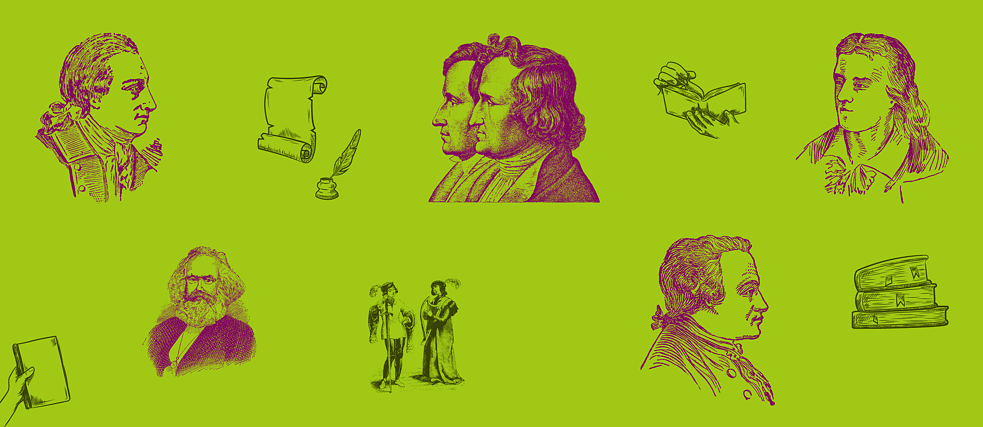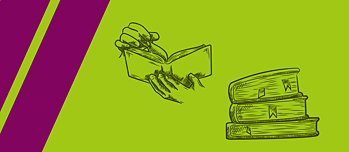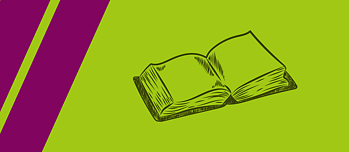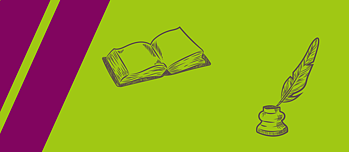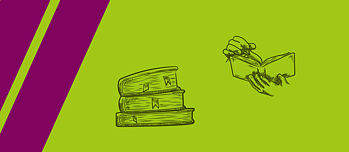After a short literary break, we are back with our project LiteraTour. In August, everything will revolve around important personalities in German literature. Together with you, we want to get to know some of the most important writers. At what time did they live? What were the circumstances in Germany? What influenced them? What is special about their literature?
What will happen?
Every week we will publish short info texts about some German-speaking authors here on this page. We ask you to read these texts carefully so that you can participate in our big author quiz at the end of the month.
Who can participate?
All students who are learning German from class 8 onwards at one of the partner schools of the Goethe-Institut / Max Mueller Bhavan New Delhi can participate in the campaign. There is no age restriction.The Authors-Quiz
At the end of the month we will hold a special quiz about the authors featured here. To participate in the quiz, you just need to fill out this form. We will send you the most important information on how to participate and the corresponding link on 26.08.2022. The quiz will then be online on Kahoot for 24h on 27.08.2022. The 5 winners will receive a special book package. If more than 5 participants reach the full score, we will let the lot decide.Register here for the quiz!
Enjoy and good luck!
For questions and comments, please contact matthias.duennwald@goethe.de.
